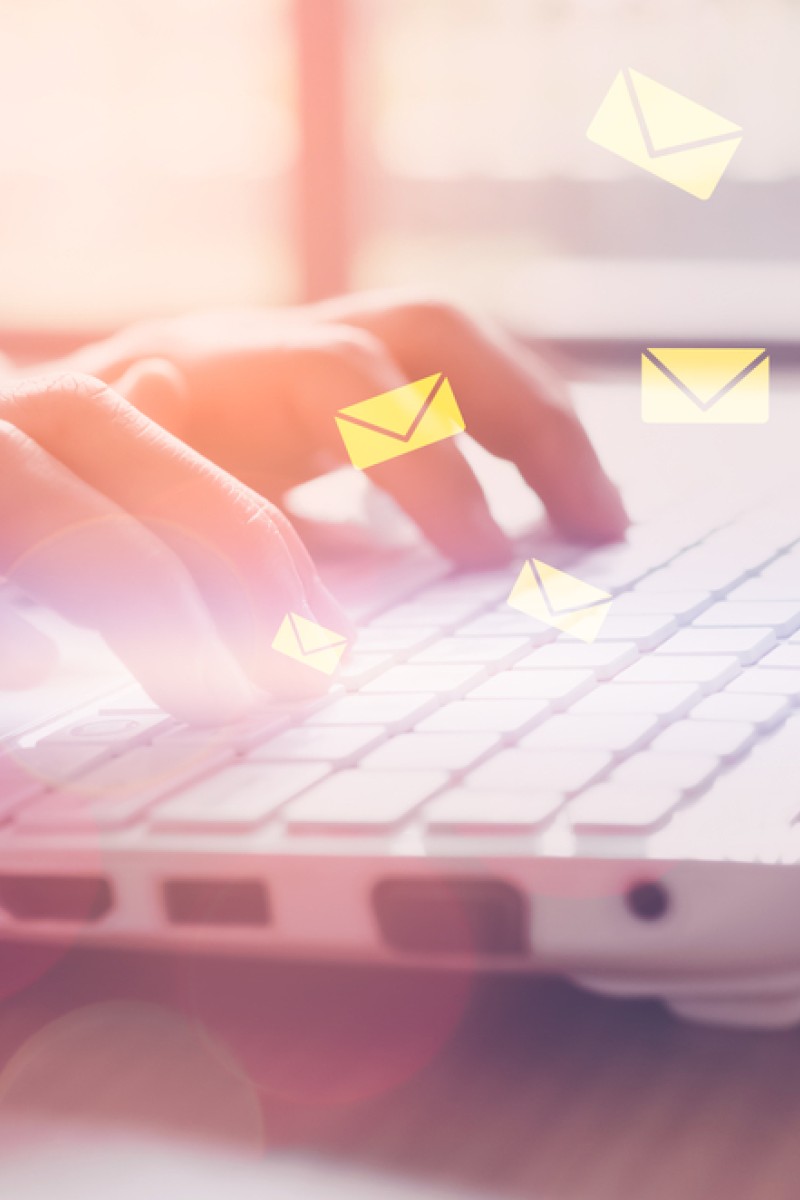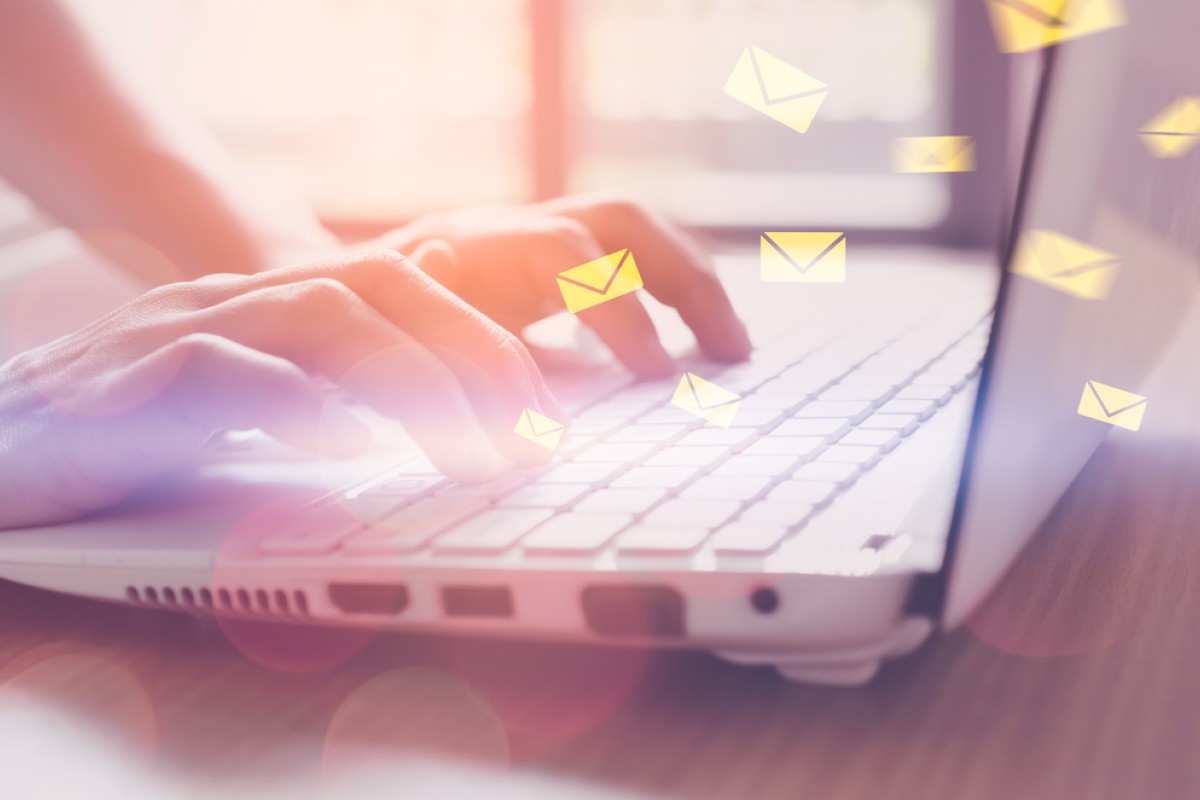
Adulting 101: How to send an email that will get noticed and be taken seriously
- Behaviour that’s acceptable over social media may not be suitable when sending an email, so you need to change your approach
- As you enter the workforce, or even university, you’ll find that emails are still very much a vital part of communicating with others

Today, sending and receiving messages is instantaneous and there are so many options: Facebook Messenger, WhatsApp, Line, WeChat, private messages on Instagram, Twitter, Snapchat, and so on. So sending an email seems like a thing of the past.
However, as you enter the workforce, or even university, you’ll find that emails are still very much a vital part of communicating with others. And because of the environment of a workplace or university, you’ll find how you present yourself via email is as important as how you present yourself in person. Behaviour that’s acceptable over social media may be frowned upon in an email, so adjust your tone and habits, making it a suitable form of communication between you and the recipient.
The Dos and Don’ts of writing a successful cover letter
Unless you’re emailing your best friend, the golden rule is to not send a blank email with nothing in the body or subject line. When you do this, what you’re basically saying is: “Here. Figure it out yourself.” Rest assured, a superior at work or a university professor will not appreciate it.
What you need to remember is that your recipient is likely to receive more than just that one email from you on any given day. By including something succinct in the body, and preferably the subject line, too, you’re showing that you realise that they have a busy schedule, and you’re trying to make your conversation with them as clear and helpful as possible.
It’s also important not to write a very long email. It’s the equivalent of a guest over-staying their welcome. There’s a time and place for an email that waffles on, but when emailing a professional, you need to take a different approach. What’s tricky is that you must also strike that perfect balance between polite and concise. You need your email to be short and sweet to effectively communicate your message, but not too short as to appear rude.
Put in the subject line in the clearest way possible what the email is about: “Ancient history semester 2 final essay submission”, “Application for legal internship”, “Presentation for July networking conference” … you get the idea. If it’s the first time you are emailing someone, begin with the appropriate form of address and a brief introduction of yourself:
“Dear Ms Law,
My name is Julia Ng and I’m writing to apply for the legal internship at Law & Dawson as advertised in the Classified Post.”
After that, a paragraph to provide more details about the purpose of your email:
“Attached please find my resume, cover letter, references, and application form as requested in the ad.”
Be polite and thank them for their time, indicate you’re waiting for their response, and sign off.
“Thank you for taking the time to read my email and application. I hope to hear back from you soon.
Sincerely,
Julia Ng”
Why you should swap Facebook and Snapchat for old school communication methods
An email like that will stand out far more than someone who goes on and on about their achievements (that’s what your attachments are for!), or someone who won’t even spend a few minutes to compose a decent email. No one wants to work with or hire someone impolite or someone who may embarrass them when they represent the company or institution.
Finally, this may seem like a no-brainer but you’d be surprised how many mess up here: check your spelling and grammar before hitting “send”. There may be a few minor mistakes, and your recipient may miss them as well, but why risk looking like you didn’t bother to check your own work? And if you are asked to attend an interview, whether it’s for a position at an educational institute or for a job, always follow up with a thank you email after the interview.
When your email is likely one of dozens a person receives and read in a day, it’s the little things that matter and will set you apart from others.
